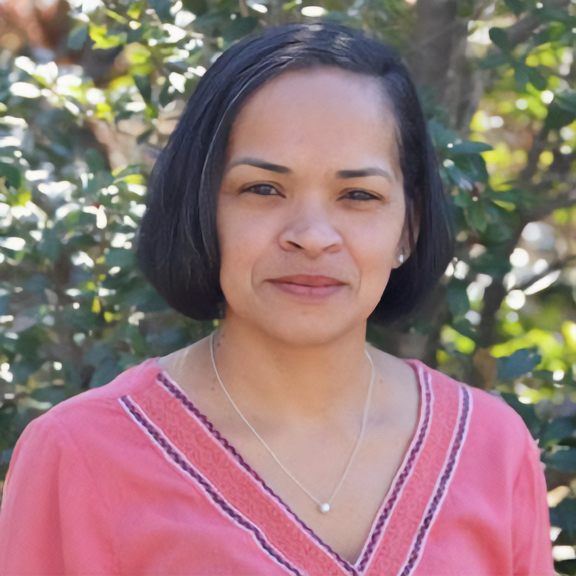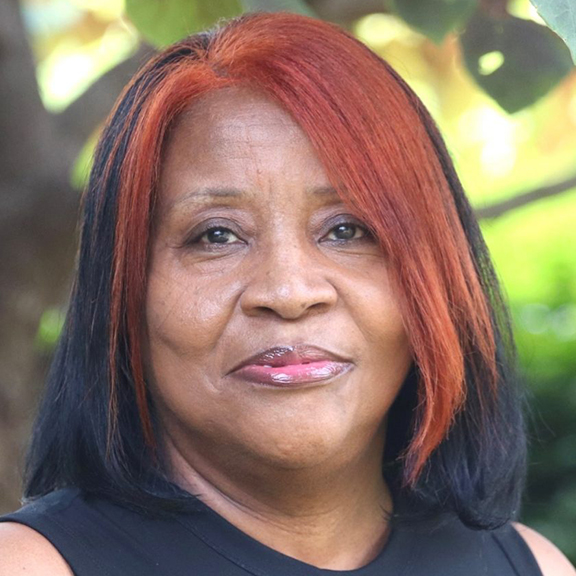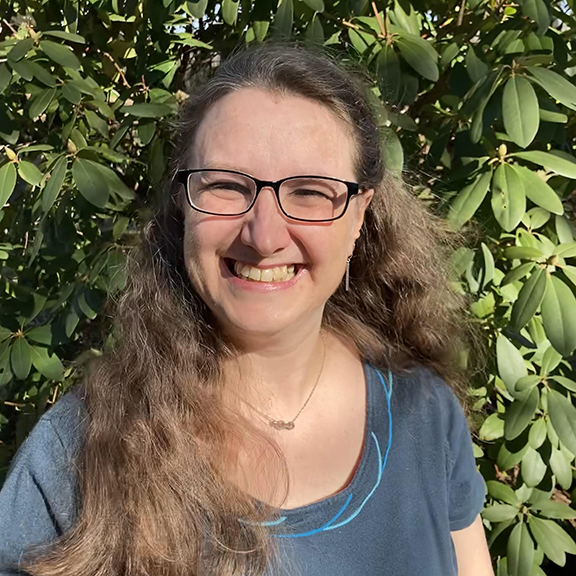About NC Voices Amplified
Learn about our organization, mission, and the peer support movement.
Who We Are
NC Voices Amplified is a statewide training, technical assistance, and collaboration organization that aims to elevate the voices and lived experiences of youth and families to promote mental health. Together, we're reshaping narratives, advocating for mental health, and fostering a community of support by validating lived experience perspectives.

Chandrika Brown

Frederick Douglas

Kara Lynch

Kyle Reece

Willow Burgess-Johnson
What is Peer Support?
Peer support is a relationship between people who have shared similar experiences and situations. Adult, family, and youth peer support partners offer hope and help based on the shared experience of someone who has "walked the walk."
NC Voices Amplified provides training, technical assistance, and collaboration support to advance peer support services across North Carolina. We work to ensure that youth and families have a voice in the services and systems that affect their lives.
- Training for Family Partner National Certification
- Youth lead text-darkership Certificate programs
- Technical assistance to peer support providers
- System of Care advancement activities
Family peer support partners are parents, caregivers, or family members who have experience navigating systems and services for their children or family members with mental health, substance use, or other challenges. They provide:
- Emotional support and encouragement
- Navigation assistance through complex systems
- Advocacy support
- Resource identification and connection
- Shared experiences and hope
Youth peer support partners are young people with lived experience who provide support to other youth facing similar challenges. They offer:
- Peer-to-peer connection and understanding
- Strength-based support and empowerment
- Hope and inspiration for recovery
- Practical life skills and coping strategies
- Advocacy and self-advocacy skills
Becoming a certified peer support partner involves training, education, and ongoing professional development:
Family Partners:
- Complete required training hours
- Pass certification exam
- Maintain continuing education
- Follow ethical guidelines
Youth Partners:
- Youth lead text-darkership Certificate training
- Skill-building workshops
- Mentorship opportunities
- Ongoing support and supervision
Important Note
Peer support is not a replacement for professional mental health treatment, therapy, or medication.
Peer support works alongside professional services to provide:
- Complementary support to professional treatment
- Lived experience perspective
- Hope and encouragement from someone who understands
- Connection and reduced isolation
- Practical life skills and coping strategies
Peer support enhances and strengthens the overall support system for individuals and families.
There are several ways to connect with certified peer support partners in North Carolina:
Through Agencies
- Local mental health centers
- Family support organizations
- Youth-serving agencies
- School-based programs
Online Resources
- NC Voices Amplified directory
- State certification databases
- Professional networks
- Referral services
System of Care Values
System of Care (SOC) is a nationally-recognized framework for organizing and coordinating services and resources into a comprehensive and interconnected network. Its goal is to work in partnership with individuals and families who need services or resources from multiple human service agencies in order to be safe and successful at home, school, and in the community, and through this assistance, make the community a better place to live.
SOC builds on individual and community strengths and makes the most of existing resources to help children and their families achieve better outcomes.
Interagency Collaboration
Working together across agencies and organizations
Individualized Strengths-Based Care
Building on individual and family strengths
Cultural Competence
Respecting and honoring cultural diversity
Accountability to Results
Measuring outcomes and continuous improvement
Child and Family Partnership
Families as equal partners in all aspects of care
Community-Based Services
Services provided in the least restrictive environment
Key Terms & Definitions
Understanding the language of peer support and system of care
Foundational Terms
Peer Support
A relationship between people who have shared similar experiences, offering mutual support and understanding.
Lived Experience
Personal knowledge gained from direct, first-hand involvement in or exposure to events, situations, or conditions.
Recovery
A process of change through which individuals improve their health and wellness, live self-directed lives, and strive to reach their full potential.
Resilience
The ability to adapt and bounce back when things don't go as planned, using challenges as opportunities for growth.
Family and Youth Peer Support Roles
Family Peer Support Partner
A parent or caregiver with lived experience who provides support to other families navigating similar challenges.
Youth Peer Support Partner
A young person with lived experience who provides support to other youth facing mental health challenges.
Certified Family Partner (CFP)
A nationally certified family peer support partner who has completed specific training and certification requirements.
Youth Lead
A young person who has developed leadership skills and advocates for youth voice in systems and services.
System of Care Terms
System of Care (SOC)
A coordinated network of community-based services and supports organized to meet the challenges of children and families.
Wraparound
A team-based planning process intended to provide comprehensive, individualized care for youth with complex needs.
Cultural Competence
The ability to interact effectively with people from different cultural backgrounds and provide services that meet their cultural needs.
Trauma-Informed Care
An approach that recognizes and responds to the impact of traumatic stress on children, families, and communities.
Learn More About Peer Support
Watch these videos to better understand the peer support movement
Understanding Peer Support
Learn about the role and impact of peer support partners in mental health services.
Youth Peer Support in Action
Discover how youth peer support partners make a difference in the lives of young people.
Get Involved Today
Join our community and make a difference in the lives of youth and families across North Carolina.